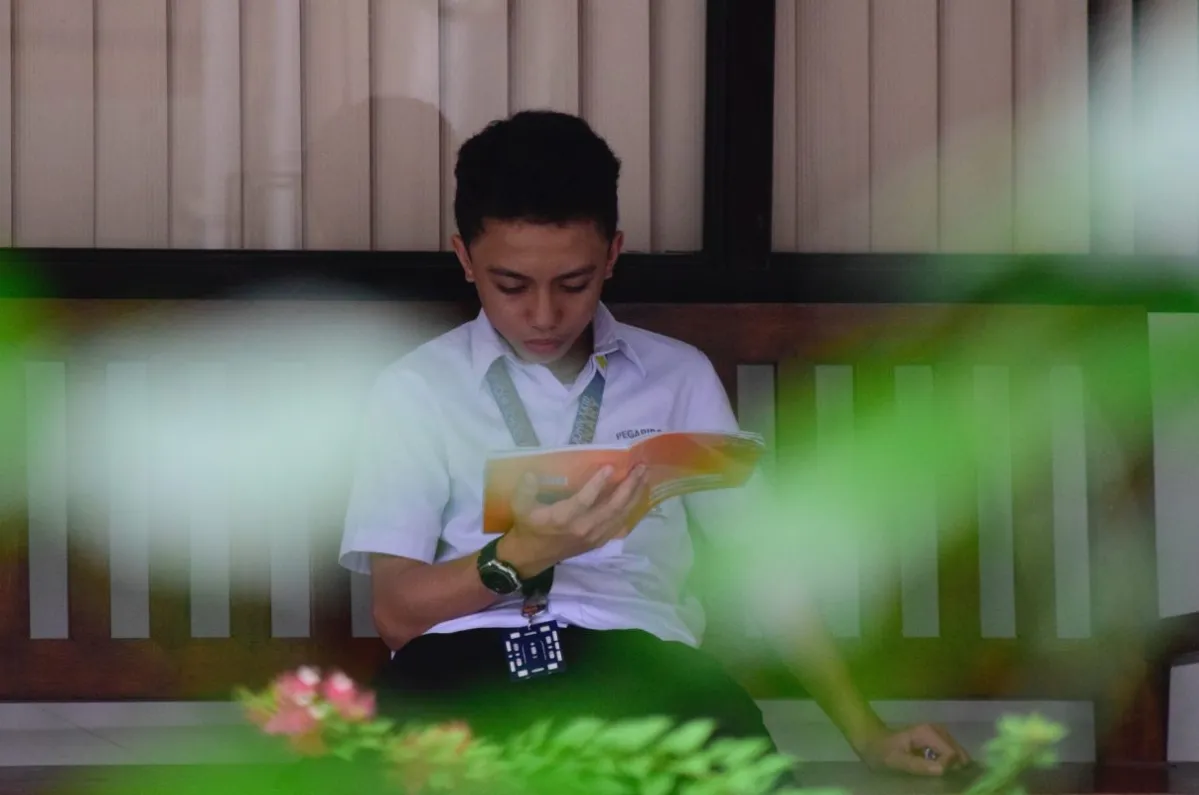When I tell you nothing surprises me anymore when it comes to book challenges and bans, I truly mean it. The almost streamlined process of these actions via public figures like Tucker Carlson, Matt Walsh, and Christopher Rufo, combining galvanizing power of deep-seated hate (and boredom) from extremist groups like Moms For Liberty and No Left Turns, hasn’t numbed me, but it is not shocking.
This is especially true when looking at how the current iteration takes inspiration from. However, to see a 2022 Republican gubernatorial candidate in Michigan (against incumbent Gretchen Whitmer) use the bump in bans stemming from the Black Lives Matter protest in 2020 to advocate against a children’s book about divorce did capture my attention.
Essentially, Tudor Dixon’s daughter read a book in first grade about a child of divorced parents and was afraid that her parents were going to divorce. Instead of using this book to talk to her daughter about the experiences of others, Dixon advocated for this type of book (representing almost half of children’s lived experiences) to be accessible as a parent resource, but not something in the library.
Before this latest wave of targeting books that acknowledge race, sexuality, and gender expression, books about divorce have been occasionally challenged for “lifestyle” or stress reasoning (see every time “confusion” is invoked in advocating for censorship). In The American Library Association’s 2008 Library Advocate’s Handbook, a similar story was referenced.
The [1986] children’s book Dinosaurs Divorce was challenged in one library by a parent who felt it might be distressing to children. However, one little girl wrote a letter to her library saying that book helped her to stop crying because it made her realize that she wasn’t responsible for her parents getting divorced. What if that little girl hadn’t been able to read that book?!
Freedom to read
This may just sound like one random opinion from someone who is running for office. (Even though a governor’s power is almost on par with the president.) The barely apparent line of logic is supported in legislation in Florida, Texas, and more. Legislators have (to varying degrees of success) tried to codify language where, if a child felt discomfort, the lesson or materials could be removed. These laws always extend to school libraries and public libraries.
Now, as a Black person who listened to people read Mark Twain and Harper Lee out loud, I’m not advocating for an all-or-nothing approach. Instead, educators and voices of authority within those particular communities should have a say on how to take lessons/reading from the past and best incorporate them in a way that is both challenging and safe. Another example is the conversation about Holocaust book The Boy in the Striped Pajamas. Holocaust educators and Jewish writers have provided many alternative texts and reasoning as to why that book is not the best choice (it’s often referenced as “the worst choice”) when introducing this very difficult subject.
Salon rightfully cited a Scientific American article on the compounding evidence, which proved once again that access to experiences different from our own makes us more empathetic human beings—especially in fiction! Among the many other reasons, this is why diverse stories and more are something incorporated into the school curriculum. When something involving someone’s experience is treated as not the norm (which includes having this book hidden away), it only leads to more marginalization, be it race, or anything else, including topics like divorce, abuses, incarceration, and illness.
Most importantly, like with many instances of book censorship, this attitude of protecting children against all possible stressors in art limits their ability to be seen, and the freedom better understands the world around them.
(via Salon, featured image: Eleazar Ceballos via Pexels.)
—The Mary Sue has a strict comment policy that forbids, but is not limited to, personal insults toward anyone, hate speech, and trolling.—










Published: Oct 31, 2022 05:23 pm